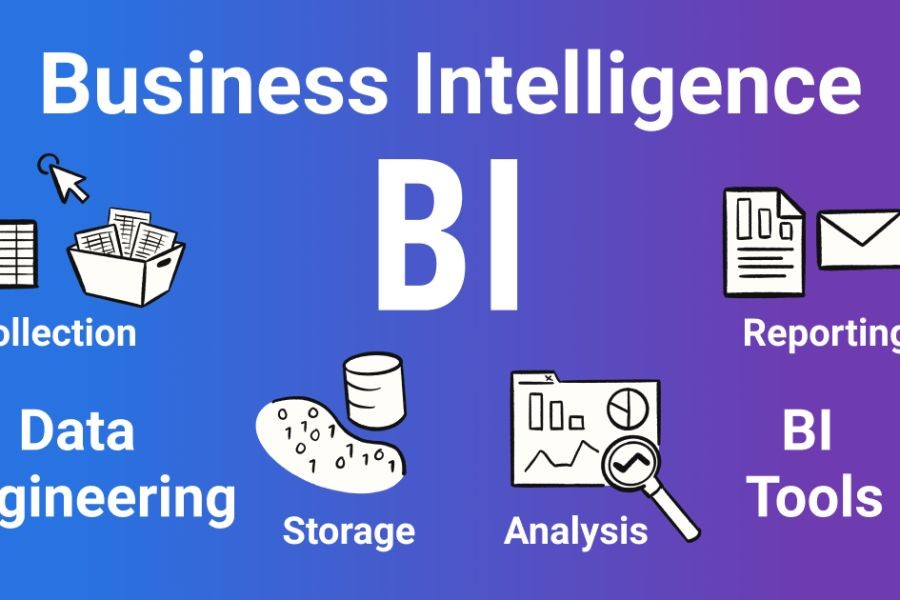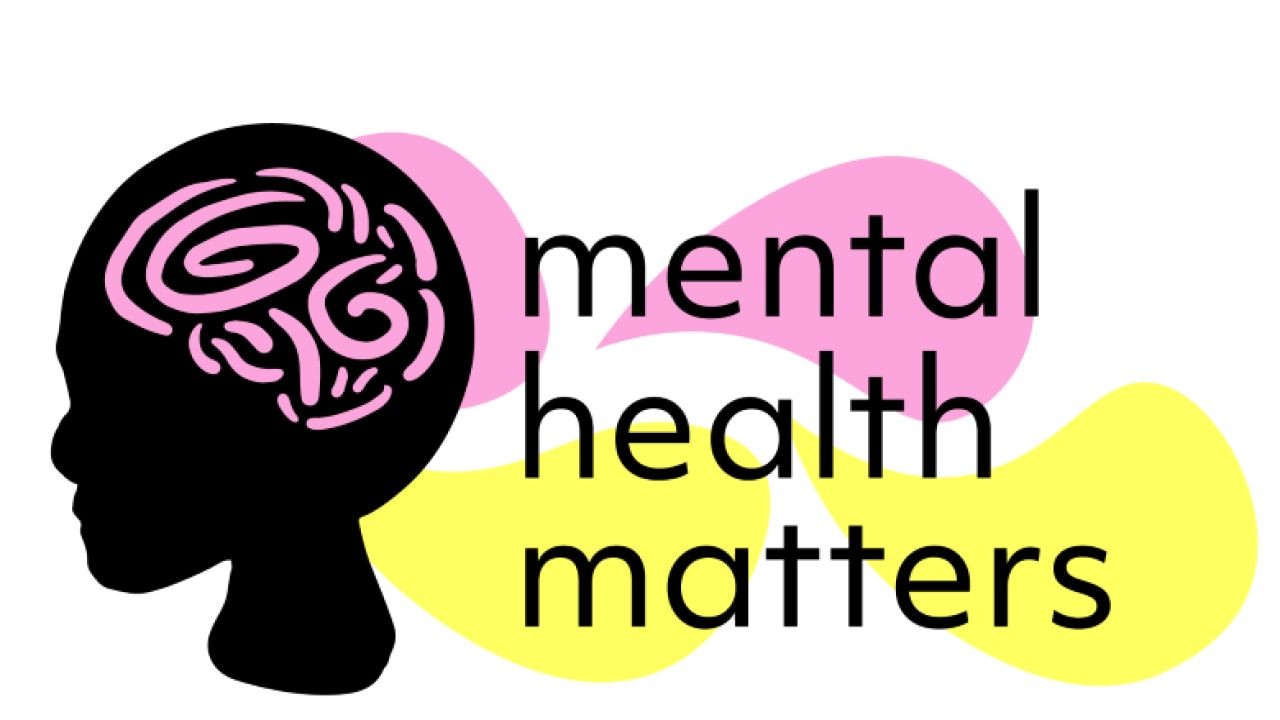In the rapidly evolving landscape of healthcare consulting in New Zealand, the ability to harness data effectively can make the difference between success and stagnation. Business Intelligence (BI) tools are pivotal in transforming raw data into actionable insights, yet choosing the right tool can be daunting. How do healthcare consultants select the best BI tools to ensure they deliver maximum value to their clients? This article delves into the strategic selection of BI tools, with a focus on the unique dynamics of New Zealand's healthcare industry.
Understanding the Importance of Business Intelligence in Healthcare
Business Intelligence tools are not just about data collection; they are about gaining insights that drive decision-making. In New Zealand, where the healthcare system is both publicly funded and increasingly privatized, the integration of robust BI tools can lead to improved patient outcomes and operational efficiencies.
According to Stats NZ, healthcare expenditures have risen by over 5% annually, emphasizing the need for cost-effective solutions that BI tools can provide. These tools enable healthcare consultants to analyze patient data, optimize resource allocation, and predict future healthcare trends, which are crucial in a country with a rapidly aging population.
Key Factors in Choosing the Right BI Tools
When selecting BI tools, healthcare consultants should consider several critical factors:
- Scalability: The tool must accommodate the expanding data needs of healthcare providers.
- Integration Capabilities: Seamless integration with existing systems like Electronic Health Records (EHR) is essential.
- Data Security: Protecting patient data is paramount, especially under New Zealand's Privacy Act 2020.
- User-Friendliness: Tools should be accessible to users with varying technical expertise.
Case Study: Capital & Coast District Health Board
The Capital & Coast District Health Board (CCDHB) demonstrates the effective use of BI tools to improve patient care. Faced with the challenge of managing patient flow and reducing wait times, CCDHB implemented a BI solution to analyze and predict patient demand patterns.
Problem: CCDHB struggled with high patient wait times and resource allocation issues.
Action: They adopted a BI tool that integrated with their EHR systems to analyze patient data in real-time.
Result: Within a year, CCDHB reduced patient wait times by 30% and improved resource allocation efficiency by 25%.
Takeaway: This case underscores the importance of integrating BI tools into healthcare systems to enhance service delivery.
Pros and Cons of Leading BI Tools
Pros
- Enhanced Decision-Making: BI tools provide insights that lead to informed decision-making, crucial for patient care.
- Cost Savings: By optimizing operations, BI tools can lead to significant cost reductions.
- Improved Patient Outcomes: Analyzing patient data helps in tailoring personalized care strategies.
Cons
- High Initial Costs: The implementation of advanced BI tools can be costly.
- Data Privacy Concerns: Ensuring compliance with data protection regulations is challenging.
- Complexity: Some BI tools require significant training and expertise.
Debunking Common Myths About BI Tools
- Myth: "BI tools are only for large enterprises." Reality: Small and medium-sized healthcare providers can also benefit significantly from BI tools, which are scalable and adaptable.
- Myth: "BI tools replace human intuition." Reality: BI tools enhance human decision-making by providing data-driven insights, not replacing intuition.
- Myth: "All BI tools offer the same functionalities." Reality: BI tools vary significantly in features; choosing the right one depends on specific needs and goals.
Future Trends in Business Intelligence for Healthcare
The future of BI in healthcare is promising, with trends pointing towards increased use of AI and machine learning to predict patient outcomes and improve personalized care. According to a report by Deloitte, by 2026, the integration of AI in BI tools could reduce operational healthcare costs by up to 15% in New Zealand.
Furthermore, the growing emphasis on data privacy will lead to the development of more secure BI tools, ensuring compliance with New Zealand's stringent data protection laws.
Conclusion & Call to Action
Choosing the right Business Intelligence tool is crucial for healthcare consultants aiming to enhance patient care and optimize operations in New Zealand. By considering factors such as scalability, integration capabilities, and data security, consultants can select tools that provide maximum value.
Ready to transform your healthcare practice with data-driven insights? Start by evaluating your current data needs and exploring BI tools that align with your strategic goals. Share your experiences and insights with us in the comments below!
Related Search Queries
- Best BI tools for healthcare in New Zealand
- How to integrate BI tools with EHR systems
- Data privacy and BI tools in healthcare
- Future of AI in healthcare BI
- Choosing scalable BI tools for small healthcare providers
People Also Ask (FAQ)
- How do BI tools impact healthcare in New Zealand? BI tools enhance decision-making, reduce costs, and improve patient outcomes by providing actionable insights from data.
- What should healthcare consultants consider when choosing BI tools? Consultants should consider scalability, integration capabilities, data security, and user-friendliness.
- What are the biggest misconceptions about BI tools in healthcare? A common misconception is that BI tools are only for large enterprises, yet they are highly beneficial for small and medium-sized providers as well.



































alvionixedge
7 months ago